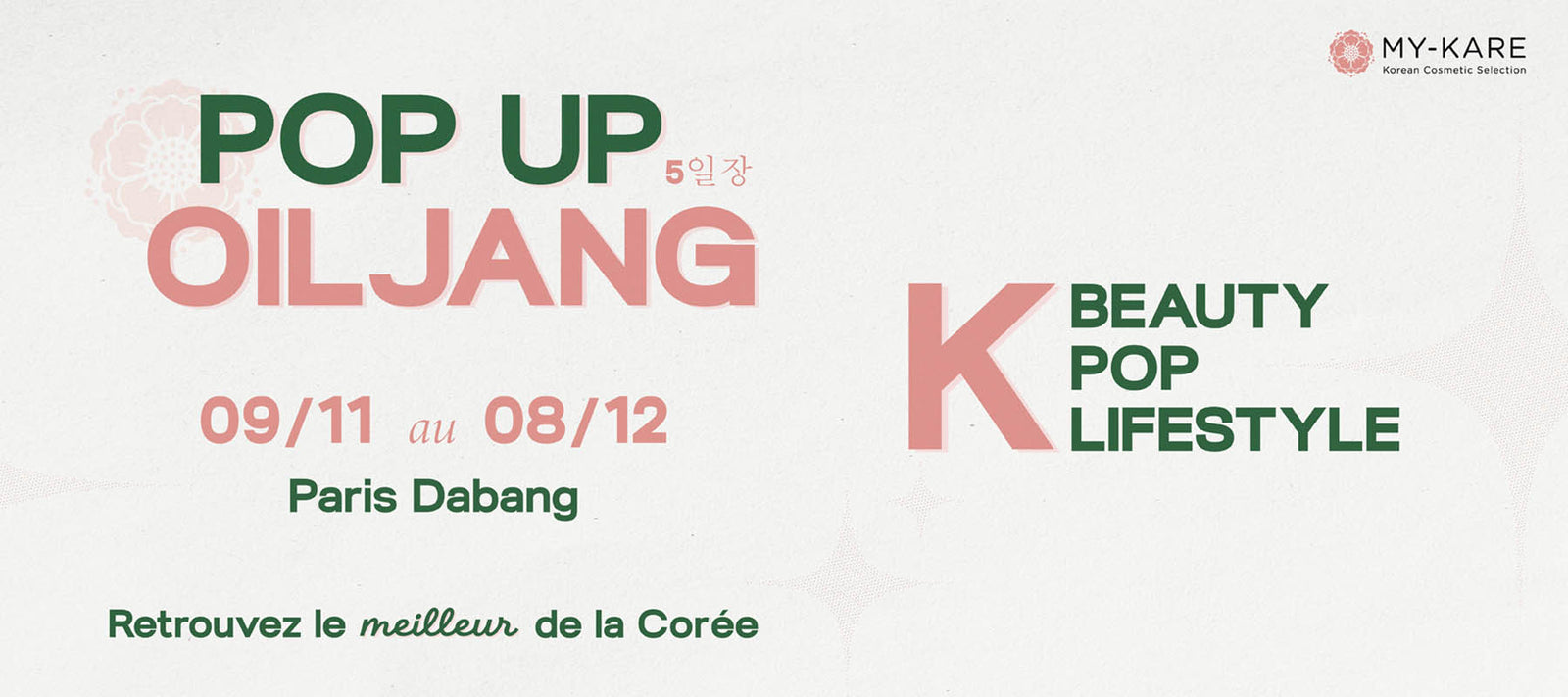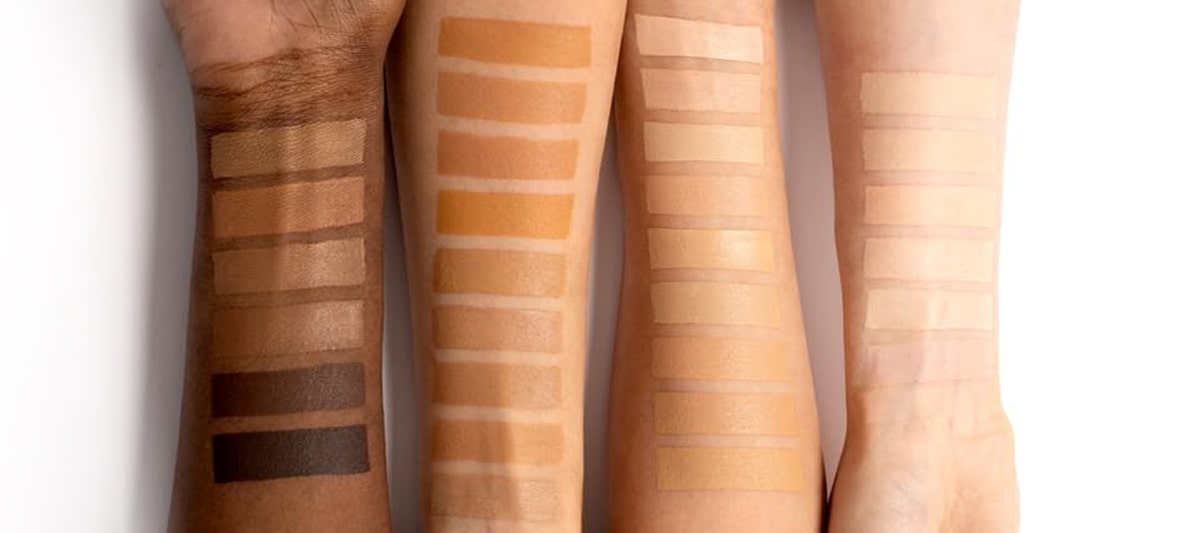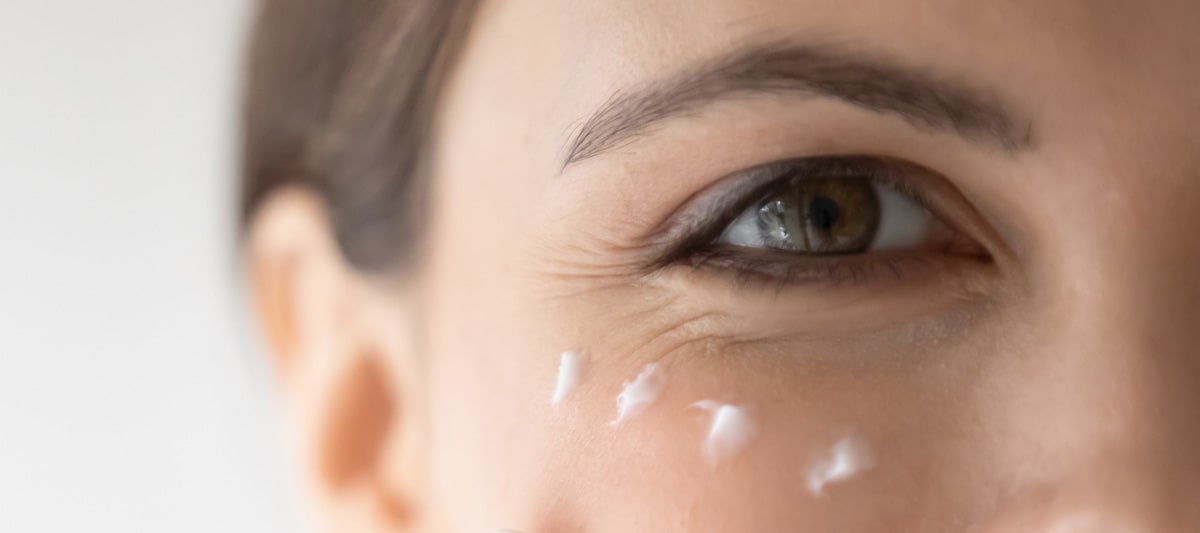
Many of us self-prescribe a small course of Vitamin C at the start of winter to reboost our immune defenses and thus be more resistant to the little ailments of winter such as viruses and fatigue.
Know that vitamin C is also necessary for the skin and it is even a real vitality and beauty booster.
What is vitamin C?
Vitamin C, also called ascorbic acid, is an essential vitamin in the human body. Since the body cannot synthesize it, it must be provided through food (mainly in fruits and more particularly in citrus fruits).
Vitamin C, an nutrient essential for tissue repair as well as many enzymatic processes, strengthens the immune system and helps to keep us healthy.
Although dietary intake of vitamin C is in principle sufficient as part of a balanced diet, the skin benefits more from its benefits when it is applied topically, that is to say directly to the skin.
The boosting benefits of vitamin C
Powerful antioxidant and anti-aging active ingredient
Vitamin C helps the skin regulate free radicals produced by cells and thus helps prevent oxidative stress, a process involved in the phenomena of cellular aging and degeneration.
Learn more about the benefits of antioxidants with the article “ Antioxidants, essential anti-aging active ingredients ”.
Powerful lightening and Radiance Active and anti-stain
Vitamin C slows the production of melanin by regulating the activity of tyrosinase, an enzyme found in the skin, which activates the transformation of tyrosine (amino acid) into melanin, pigment responsible for uneven skin tone and the presence of brown spots.
Applying Vitamin C to the skin helps to restore brighter skin, and to reduce and prevent the development of pigment spots such as sun spots (melasma or chloasma), acne marks and age spots.
Collagen production booster and anti-wrinkle active ingredient
Vitamin C stimulates the production of collagen, making the skin firmer and more pulp.
collagen is a protein naturally and abundantly present in our body and found in large quantities in the skin. collagen is a structural or support protein that gives the skin its good support and its firmness.
As we age, collagen production slows, which can lead to a loss of skin tone, making it more susceptible to the appearance of fine lines, wrinkles, and sagging tissues.
When applied topically, vitamin C supports collagen production, helping to keep skin plumper, firm and smooth.
What form of Vitamin C should I use?
Pure vitamin C is ascorbic acid, but the latter is unstable and deteriorates by oxidation in light and air. Derivatives have been developed and the latest generation is promising both in terms of stability and ability to penetrate the skin: ethylascorbic acid or EAC.
When and how to apply Vitamin C?
A morning and/or evening application?
Vitamin C is not photosensitizing and can therefore be applied during your evening and morning routine.
It is recommended to use your Vitamin C treatment:
- within your morning routine to help your skin fight the day's aggressions such as the effects of UV rays and pollution. Note that obviously a vitamin C intake does not replace sunscreen which remains essential.
- within your evening routine in order to take advantage of this period of reconstruction that is the night for the body and the skin.
Vitamin C serum or Vitamin C cream?
A Vitamin C serum is much more concentrated in vitamin C than a cream and for skin usually sensitive to acids it may be advisable to start with a Vitamin C cream or with a drop of Vitamin C serum within your application of Moisturizing cream. You can then increase the dosage and switch to serum.
What other active ingredients can be combined with Vitamin C?
We do not recommend a single-ingredient serum concentrated in vitamin C and favor serums or creams offering several active ingredients:
- the concentration of vitamin C in a treatment does not exceed 15 to 20% of the formula. It is advisable to avoid a treatment composed of 60 or 80% water and rather to integrate into the same treatment and the same procedure other quality active ingredients that are beneficial to the skin and respond to your concerns. .
- vitamin C is an anti-aging, anti-wrinkle and anti-spot active ingredient, of course, but these aging processes are multifactorial and their prevention requires not just a “miracle active ingredient”, but a set of beneficial factors and active ingredients.
Vitamin C+ Niacinamide
Niacinamide or vitamin B5 provides its soothing and antioxidant properties and combines with vitamin C for soothed skin with a more even and luminous complexion.
Vitamin C + Hyaluronic & polyglutamic acids
Vitamin C and hyaluronic and polyglutamic acids are major anti-aging active ingredients allowing good skin hydration and an improvement in the structure of the dermis formed by the triplet of hyaluronic acid, collagen and elastin for plumped, firmer and more supple skin. smoother but also to make the skin tone brighter and prevent pigment spots and marks. An ideal combo!
Vitamin C + Vitamin E (Tocopherol)
Vitamin E, also a powerful antioxidant, strengthens the skin barrier against external aggressions and also stimulates the production of collagen. Vitamin C and E combine for renewed skin firmness and a healthier, more even and luminous complexion.
The MY-KARE selection of Korean vitamin C treatments
Sérum Green multi-vitamin vital nutrition
Vitamin concentrate based on sea buckthorn berry extract, rich in vitamins A, B1, B2, C, E and K, supplemented with Vitamin C (ethylascorbic acid), Niacinamide, hyaluronic acid, polyglutamic acid, ... A water-free serum, 100% with quality plant extracts and active ingredients, for revitalized, plumped skin with a luminous complexion.
Crème Green multi-vitamin vital nutrition
Hypervitamin moisturizing cream based on sea buckthorn berry extract, rich in vitamins A, B1, B2, C, E and K supplemented with Vitamin C (ethylascorbic acid), Niacinamide, Vitamin E, ...
A moisturizing cream with oils easily assimilated by the skin such as squalane, 100% with quality plant extracts and active ingredients, for nourished, revitalized skin with a luminous complexion.
Sources:
- PINNELL, Sheldon R. et MADEY, Doren L. Topical vitamin C in skin care. Aesthetic Surgery Journal, 1998, vol. 18, no 6, p. 468-470.
- ZERBINATI, Nicola, SOMMATIS, Sabrina, MACCARIO, Cristina, et al. The anti-ageing and whitening potential of a cosmetic serum containing 3-o-ethyl-l-ascorbic acid. Life, 2021, vol. 11, no. 5, p. 406.







Leave a comment